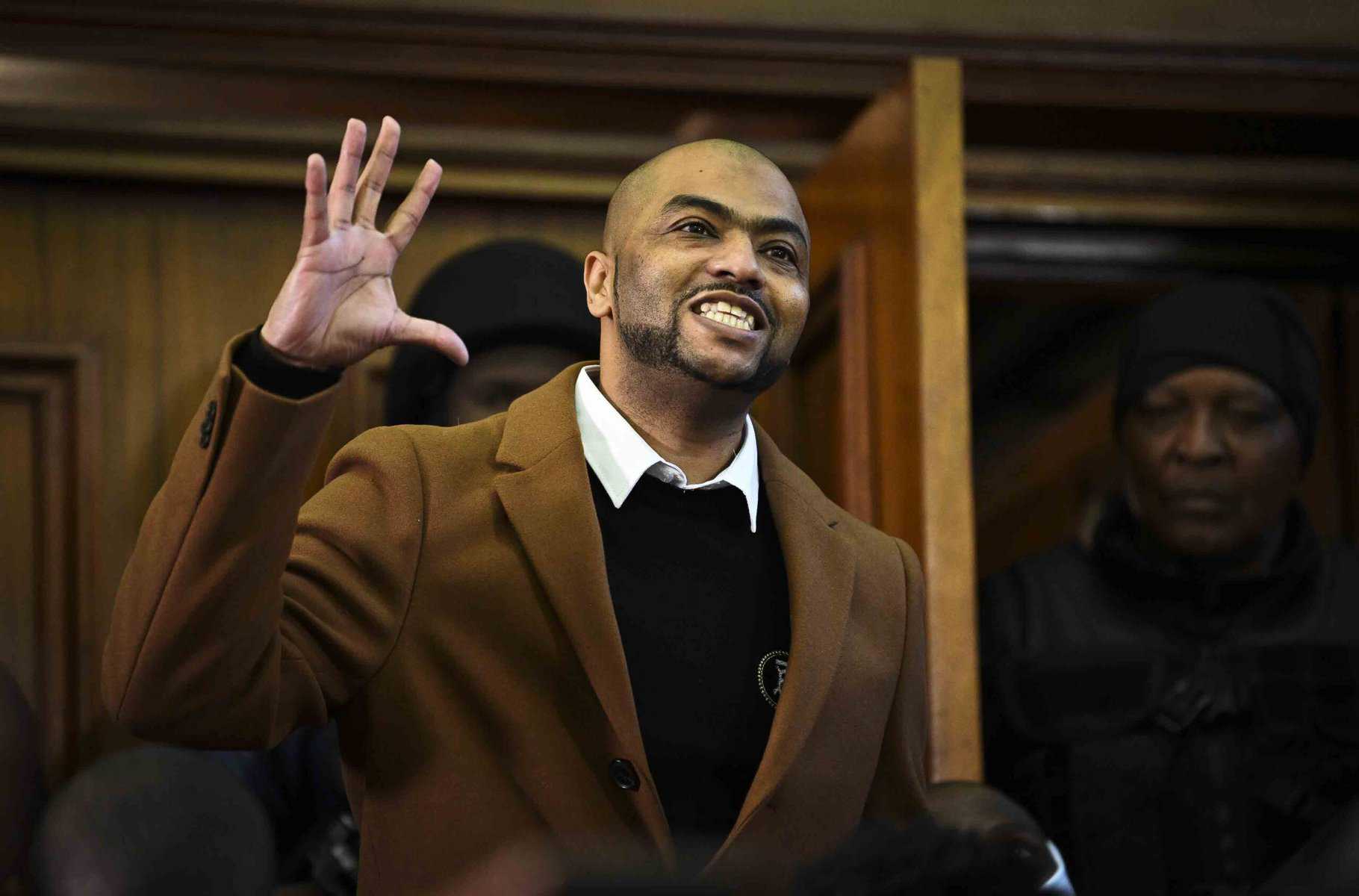Documentaries cannot be blocked just because a person is scared of how they will be portrayed in public.

You’d think that, having been convicted of some serious crimes, one wouldn’t be so rash, yet Thabo Bester felt strongly about trying to invoke his own rights. His good doctor, Nandipha Magudumana, may have a cleaner name, but it also strikes as strange that she’d try to block the Netflix documentary on their story.
There was certainly a chance that they’d get the urgent order, but all it would have achieved is delaying the release until the main matter is heard. Perhaps there’s some strategic capital in that, in diminishing interest in the film as the discussion dissipates, but the odds of that happening are not good.
Court rules against blocking Netflix documentary
As it turns out, the court was quite direct in stating that the case lacked objective urgency and referred to it as self-created urgency. What that means is that the court didn’t agree that it would be in the interest of justice to block the doccie, even temporarily.
That’s quite a big deal because it would hardly be an inconvenience to Netflix to delay the release. It’s not like the story is hot off the press, and it’s not like anybody else wouldn’t face the same issues if they made a similar doccie.
ALSO READ: Judge Cameron applauds court decision to air ‘Beauty and the Bester’ [VIDEO]
What’s vital about the judgment is that the courts made specific reference to what is protected by law and what isn’t. Rights to silence, a fair trial and presumed innocence until proven guilty were determined not to be affected by the utterances in the documentary.
That’s important because Bester argued that the doccie painted him as guilty.
Facts and opinions
But Netflix isn’t a small operation that doesn’t take its legal due diligence lightly, so we can assume that they’re not going to make flippant, unsubstantiated statements. It’s awesome that the court took a scalpel to the issue and separated the notion of the impression given to the public. One can’t help what impression the public gets from facts and opinions that are clearly stated.
If broadcasters and streamers were responsible for that, nothing would ever get aired because pretty much anything would be up to scrutiny. One can only claim that their rights have been infringed once they have been infringed, and one can only prevent them from being infringed if one can indicate how they will be infringed.
Preventing the public from hearing facts, and then thinking something of you, is far from a right in a free society, whether you’re a celeb, plebeian or politician.
ALSO READ: Court bid to halt broadcast of Netflix’s ‘Beauty and the Bester’ fails
We’ve been watching this matter with interest, and it’s delightful that the court has given some stern and clear direction on the subject; documentary makers now have a good recent precedent to be certain that if they do proper due diligence, their films cannot be blocked just because a subject is scared of how they will be portrayed in public.
Media freedom
Moreover, they also have good direction in what the court would consider in similar matters going forward. If publishing the film does end up infringing on anybody’s rights, which still remains a possibility, then they will have an opportunity to seek the relevant damages in court.
What the court has indicated that it is not willing to entertain is the idea that they will assist anybody in preventing light being shone on the things that may make them look bad, just because they’ve been asked to. The court has shown what it will look at and consider, and what needs to be proven before the court will step in.
Not only is that exciting because we have some more clarity in the media law space, but also because journalists who may have previously been scared to release some content may now have some newfound inspiration to put some hard-hitting evidence out there.
READ NEXT: No lawyer, a medical scare and appeals: Thabo Bester trial continues to be stalled
Support Local Journalism
Add The Citizen as a Preferred Source on Google and follow us on Google News to see more of our trusted reporting in Google News and Top Stories.






